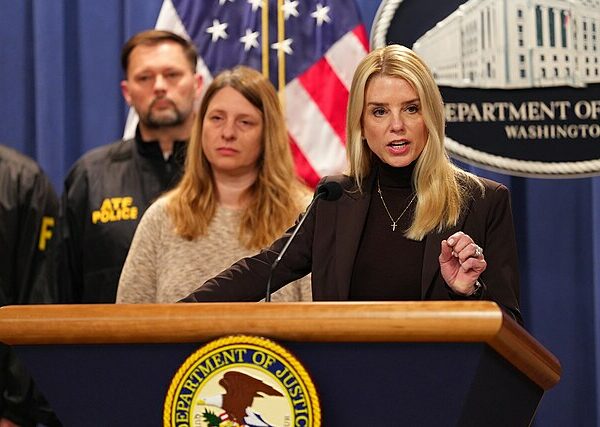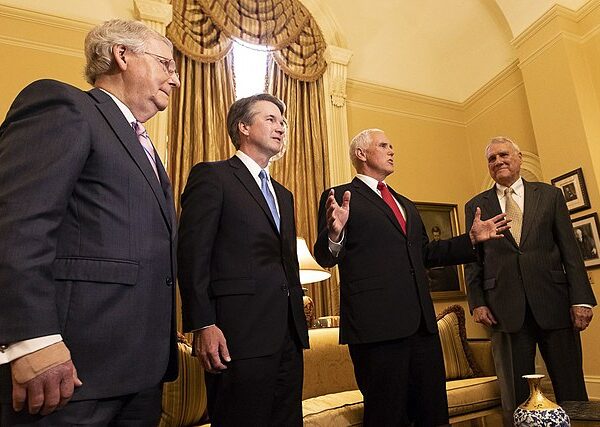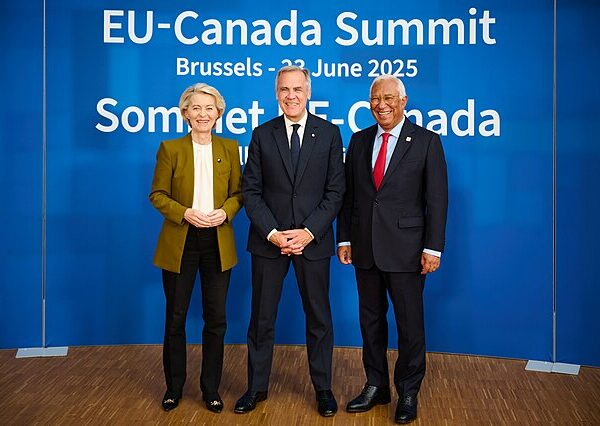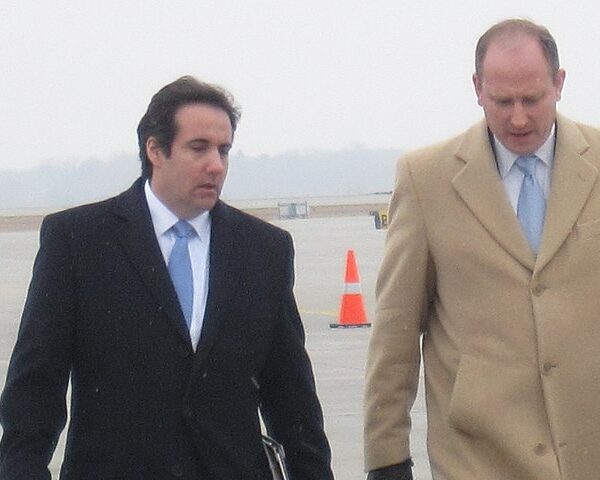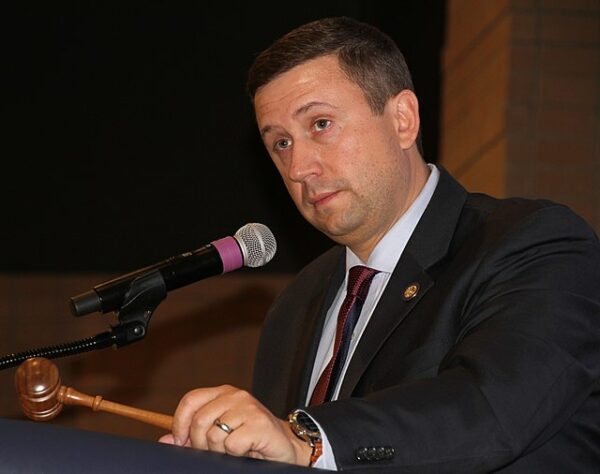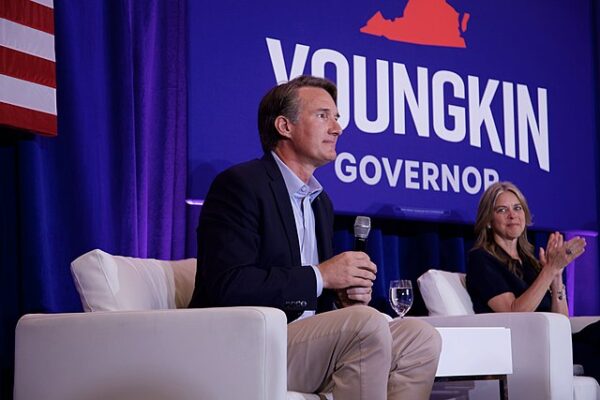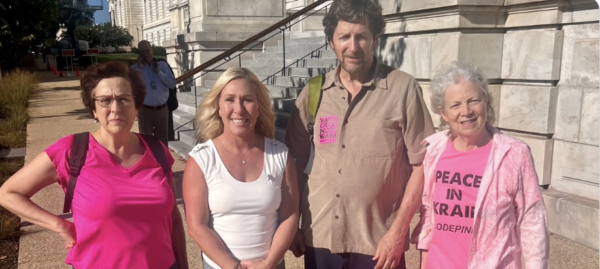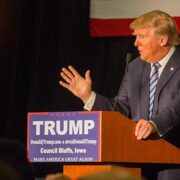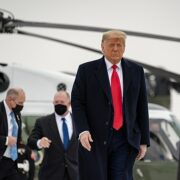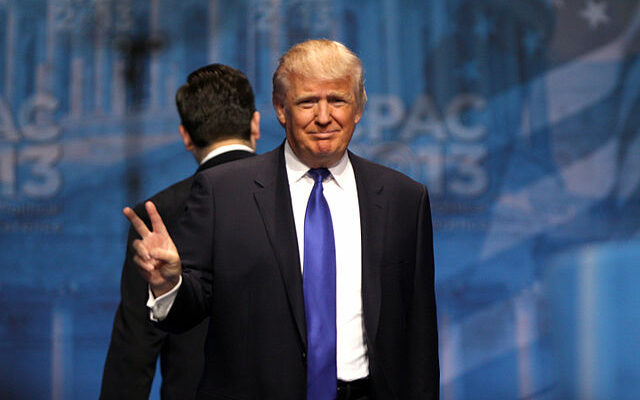
Israeli Prime Minister Benjamin Netanyahu has formally nominated President Donald Trump for the Nobel Peace Prize, crediting him with reshaping Middle East diplomacy through the Abraham Accords. The nomination, revealed Tuesday by Netanyahu’s office, came during the Israeli leader’s high-profile visit to the White House, where he personally presented Trump with a copy of the letter sent to the Norwegian Nobel Committee.
In the letter dated July 1, reported The New York Times, Netanyahu praised Trump’s “steadfast and exceptional dedication to promoting peace, security and stability around the world.” He highlighted the former president’s role in brokering normalization agreements between Israel and four Arab nations—United Arab Emirates, Bahrain, Morocco, and Sudan—under the 2020 Abraham Accords. The deals marked a break from long-standing Arab League consensus by establishing diplomatic ties with Israel absent a resolution to the Palestinian question.
Prime Minister Benjamin Netanyahu has nominated US President Donald Trump for the Nobel Peace Prize.
Prime Minister Netanyahu gave @POTUS @realDonaldTrump the letter of nomination during their White House meeting. pic.twitter.com/ayGSHoEcmH
— Prime Minister of Israel (@IsraeliPM) July 8, 2025
The president seemed to be genuinely touched by the gesture and showed his appreciation.
Israeli Prime Minister Benjamin Netanyahu presents President Trump with a letter nominating him for the Nobel Peace Prize pic.twitter.com/JUzpU2ZPYz
— Rapid Response 47 (@RapidResponse47) July 7, 2025
At a dinner hosted by the White House on Monday evening, Netanyahu commended Trump for “forging peace, as we speak, in one country in the region after another.” Trump, who has previously expressed a desire to be awarded the Nobel Prize, appeared caught off guard by the gesture, remarking, “This I didn’t know.”
While Netanyahu’s nomination sought to spotlight Trump’s diplomatic breakthroughs, the administration’s broader Middle East policies have drawn sharp divisions. Since returning to office in January, Trump has greenlit U.S. airstrikes on Iranian nuclear sites and backed Israel’s ongoing military campaign in Gaza. His proposal to relocate Gaza’s 2.2 million residents and transform the territory into a luxury resort destination—the so-called “Riviera of the Middle East”—was met with swift rejection from Saudi Arabia and other regional powers, complicating efforts to expand the Abraham Accords to include Riyadh.
Skeptics of the nomination view such gestures as politically motivated. Earlier this year, Pakistan submitted its own nomination of Trump, citing his involvement in easing tensions between India and Pakistan.
“At a moment of heightened regional turbulence, President Trump demonstrated great strategic foresight and stellar statesmanship through robust diplomatic engagement with both Islamabad and New Delhi,” Pakistan’s government said in a statement.
The US president helped in “averting a broader conflict between the two nuclear states that would have had catastrophic consequences for millions of people in the region and beyond” the Pakistani leaders added, according to CNN.
“This intervention stands as a testament to his role as a genuine peacemaker and his commitment to conflict resolution through dialogue.”
Critics, of course, argue these efforts fall short of the standards set by previous Nobel laureates and suggest the nominations are aimed more at currying favor than honoring lasting peace.
The same critics, however, never mention Barack Obama inexplicably winning the prize shortly after taking office in 2009 “for extraordinary efforts to strengthen international diplomacy and cooperation between peoples.”
The Nobel Committee confirmed that 338 names were submitted for the 2025 prize before the January deadline. Netanyahu’s nomination—made in July—would not qualify for consideration this year. Trump, for his part, has repeatedly aired his frustrations about the prize, posting last month, “I won’t get a Nobel Peace Prize no matter what I do,” while listing what he believes are his most significant achievements on the world stage.
While the Nobel remains elusive, Netanyahu’s letter places Trump’s Middle East legacy back in the international spotlight—at a moment when diplomacy in the region remains as contested as ever.
[Read More: Fired Federal Employees Vow Coup Against Trump]

